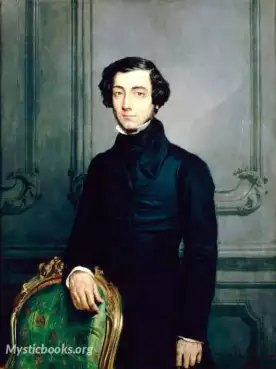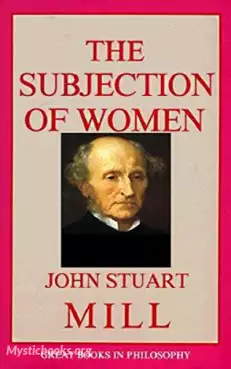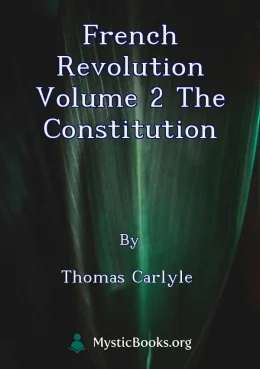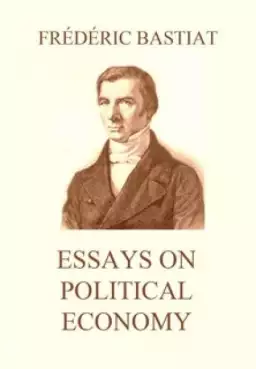
Democracy in America, Volume 1
'Democracy in America, Volume 1' Summary
The primary focus of Democracy in America is an analysis of why republican representative democracy has succeeded in the United States while failing in so many other places. Tocqueville seeks to apply the functional aspects of democracy in the United States to what he sees as the failings of democracy in his native France.
Tocqueville speculates on the future of democracy in the United States, discussing possible threats to democracy and possible dangers of democracy. These include his belief that democracy has a tendency to degenerate into "soft despotism" as well as the risk of developing a tyranny of the majority. He observes that the strong role religion played in the United States was due to its separation from the government, a separation all parties found agreeable. He contrasts this to France, where there was what he perceived to be an unhealthy antagonism between democrats and the religious, which he relates to the connection between church and state.
Tocqueville also outlines the possible excesses of passion for equality among men, foreshadowing the totalitarian states of the twentieth century.
Insightful analysis of political society was supplemented in the second volume by description of civil society as a sphere of private and civilian affairs, mirroring Hegel.
Tocqueville observed that social mechanisms have paradoxes, as in what later became known as the Tocqueville effect: "social frustration increases as social conditions improve". He wrote that this growing hatred of social privilege, as social conditions improve, leads to the state concentrating more power to itself.
Tocqueville's views on the United States took a darker turn after 1840, however, as made evident in Craiutu and Jennings' Tocqueville on America after 1840: Letters and Other Writings.
Book Details
Language
EnglishOriginal Language
FrenchPublished In
1835Genre/Category
Tags/Keywords
Authors

Alexis de Tocqueville
France
Alexis Charles Henri Clérel, comte de Tocqueville colloquially known as Tocqueville was a French aristocrat, diplomat, political scientist, political philosopher and historian. He is best known...
Books by Alexis de TocquevilleDownload eBooks
Listen/Download Audiobook
- Select Speed
Related books

Law by Frederic Bastiat
In "The Law", Frédéric Bastiat provides a powerful critique of government intervention in the economy. He argues that the role of government should be...

The Subjection of Women by John Stuart Mill
The Subjection of Women is an essay by English philosopher, political economist and civil servant John Stuart Mill published in 1869, with ideas he de...

Works of Tacitus, Vol. I by Cornelius Tacitus
The historical works of Tacitus are a history of the period from A.D. 14 to 96 in thirty volumes. Although many of the works were lost (only books 1-5...

South American Republics, Part I by Thomas Cleland Dawson
This book, 'South American Republics, Part I' by Thomas Cleland Dawson, provides an in-depth historical analysis of the South American republics, focu...

French Revolution Volume 2 The Constitution by Thomas Carlyle
This book, written by the Scottish essayist, philosopher, and historian Thomas Carlyle, is a comprehensive three-volume work that chronicles the cours...

The Business of Being a Woman by Ida Tarbell
In "The Business of Being a Woman," Ida Minerva Tarbell unveils a captivating exploration into the intricate tapestry of femininity and entrepreneursh...

Three Essays by James Freeman Clarke by James Freeman Clarke
This book contains three essays by James Freeman Clarke, a Unitarian minister and abolitionist. The first essay, "Are Souls Immortal?", explores the q...

Flag Goes By by Henry Holcomb Bennett
In celebration of Independence Day in the United States, 2006, LibriVox volunteers bring you ten different recordings of The Flag Goes By by Henry Hol...

Essays on Political Economy by Frederic Bastiat
Bastiat asserted that the only purpose of government is to defend the right of an individual to life, liberty, and property. From this definition, Bas...

Ideen zu einem Versuch, die Grenzen der Wirksamkeit des Staats zu bestimmen by Wilhelm von Humboldt
Ein klassicher Text des deutschen Liberalismus (Summary by redaer)
Reviews for Democracy in America, Volume 1
No reviews posted or approved, yet...